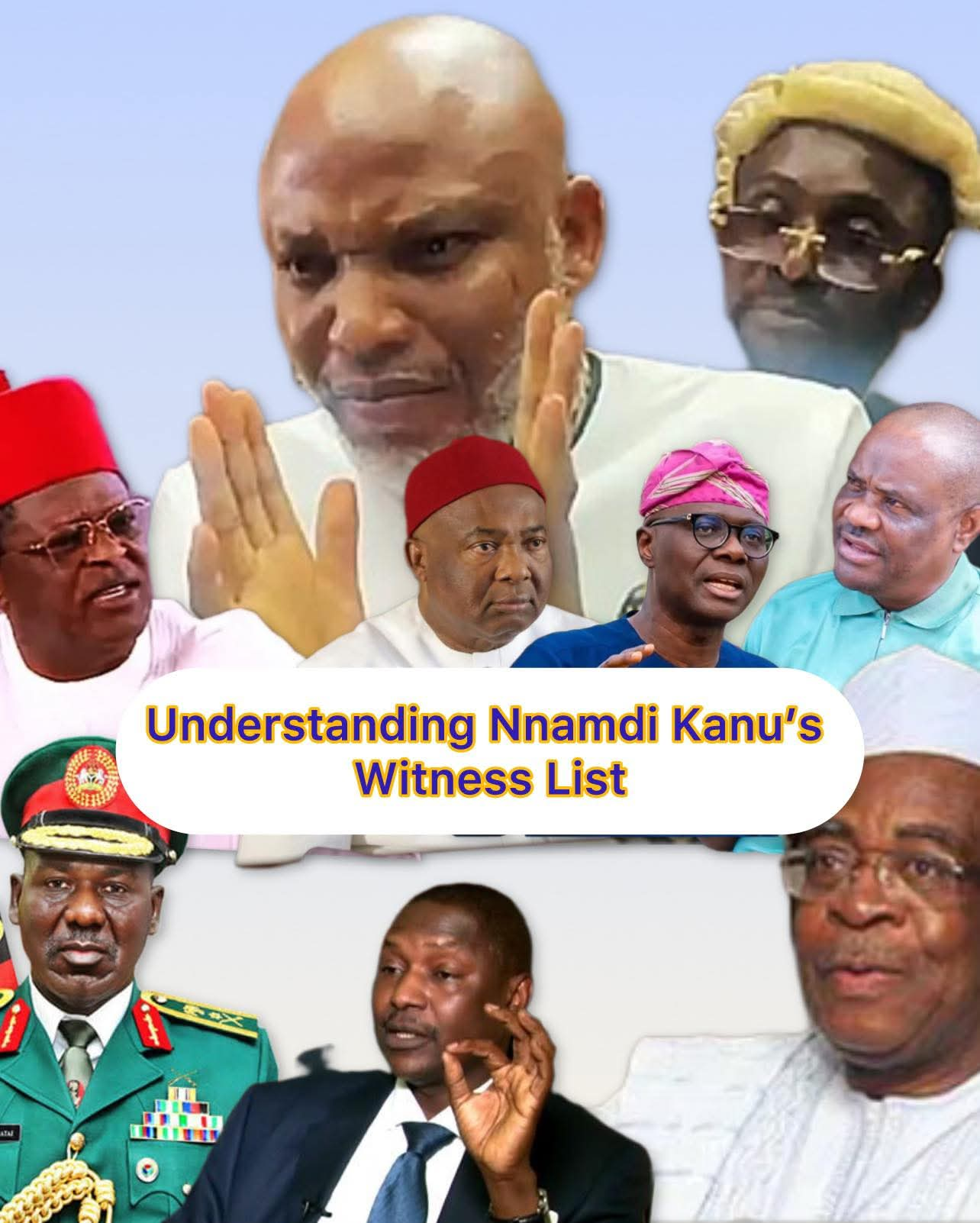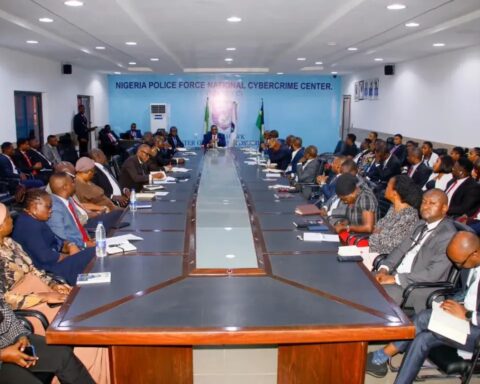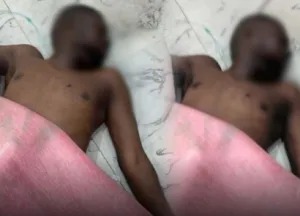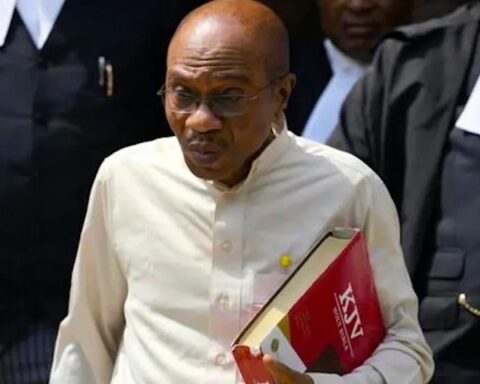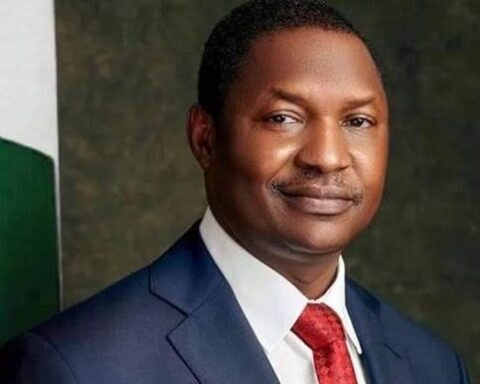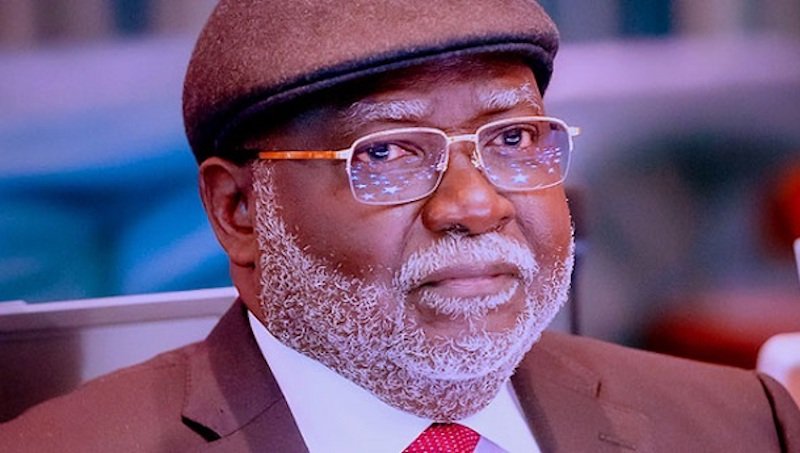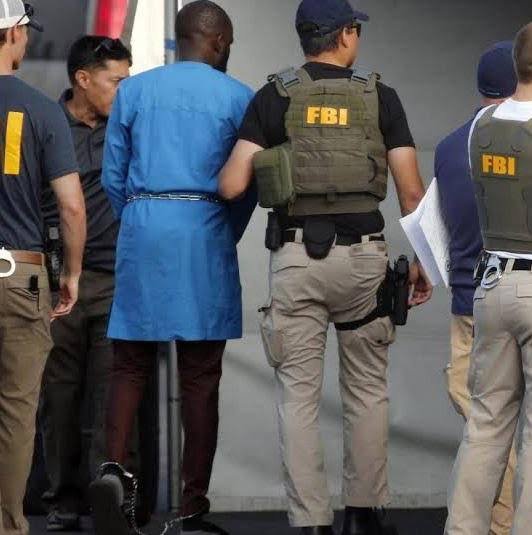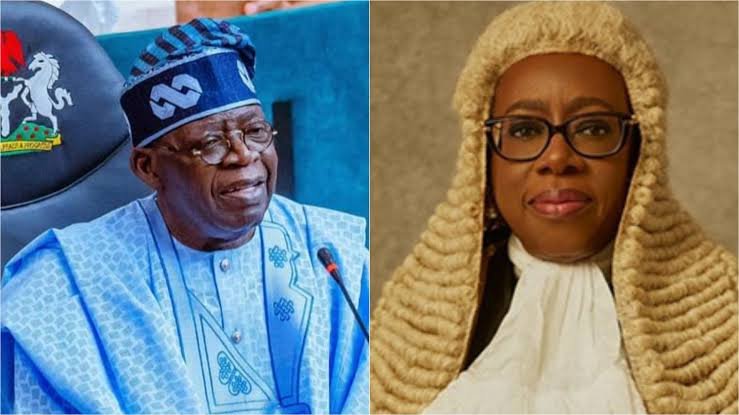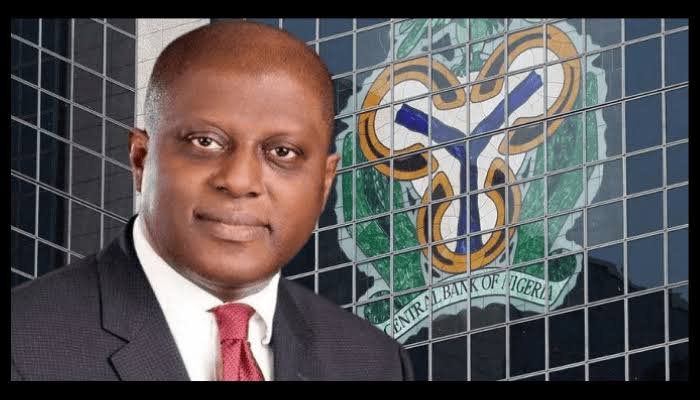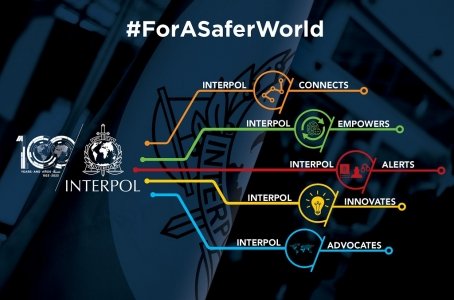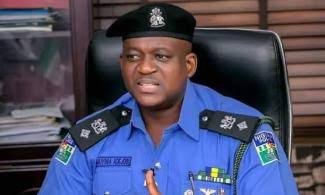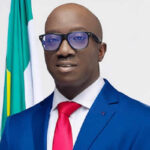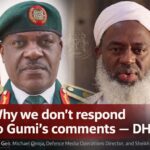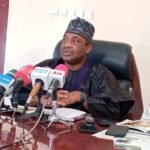Lesson 101:
Now, let’s unpack this whole situation, folks…
Nnamdi Kanu, the leader of the Indigenous People of Biafra (IPOB), is currently standing trial on charges including terrorism, treasonable felony, and managing a unlawful society. The case, ongoing since 2021 at the Federal High Court in Abuja, stems from allegations related to his broadcasts, the formation of the Eastern Security Network (ESN), and purported links to violence like the #EndSARS protests. On October 21, 2025, Kanu filed a motion personally signed, signaling his readiness to open his defense after the prosecution closed its case. He plans to call 23 witnesses—divided into “ordinary but material” and “vital and compellable” categories—and requested 90 days to present them, including his own testimony. The “compellable” ones, whom he wants the court to subpoena under Section 232 of the Evidence Act 2011, include high-profile figures like former Attorney-General Abubakar Malami, FCT Minister Nyesom Wike, Works Minister David Umahi, Lagos Governor Babajide Sanwo-Olu, retired Lt. Gen. Theophilus Danjuma, and retired Lt. Gen. Tukur Buratai. Others on the list are Imo Governor Hope Uzodimma, ex-Abia Governor Okezie Ikpeazu, former NIA DG Ahmed Rufai Abubakar, and ex-DSS DG Yusuf Bichi.
Kanu’s strategy appears to challenge the prosecution’s narrative by highlighting inconsistencies in state actions, double standards on security outfits, and procedural irregularities.
1. Babajide Sanwo-Olu (Lagos Governor) and the #EndSARS Link
The prosecution alleges Kanu masterminded the 2020 #EndSARS protests, framing them as violent and IPOB-orchestrated to destabilize the country. However, the Lagos State Judicial Panel of Inquiry (set up by the state government under Sanwo-Olu) investigated the protests and found no such link to Kanu or IPOB. Instead, it documented state repression, including the infamous Lekki Toll Gate shooting on October 20, 2020, where security forces allegedly killed unarmed protesters. The panel’s 2021 report blamed the military and police, recommending compensation for victims.
Kanu’s motion specifies Sanwo-Olu as a witness to testify on these findings, emphasizing the “state pattern of repression.” As the panel was constituted by the Lagos Ministry of Justice (under Sanwo-Olu’s administration), his testimony could undermine the prosecution’s claim by showing the protests were a legitimate youth-led cry against police brutality, not terrorism. This counters evidence like Kanu’s radio broadcasts, which the FG says incited violence.
2. Theophilus Danjuma (Retired Lt. Gen.) and the ESN Formation
Kanu faces charges for establishing ESN in 2020 as an “unlawful society” without government approval, accused of using it for attacks on security forces and civilians in the Southeast. ESN was formed amid rising insecurity from herdsmen attacks and banditry, positioning itself as a community defense force akin to regional vigilantes.
Danjuma, a former Chief of Army Staff and Defense Minister, publicly urged self-defense in a 2018 speech at the maiden edition of the Legacy of Service Award in Rivers State. He said: “If you don’t want to be killed, go and buy your weapons and defend yourself… The government cannot do everything for you.” This viral statement (covered by outlets like Premium Times and Channels TV) didn’t specify needing official approval and was seen as endorsing civilian resistance to “Fulani herdsmen” violence. Kanu cites it as inspiration for ESN, arguing it’s hypocritical to prosecute him while similar outfits (e.g., Amotekun in the Southwest, approved in 2020) operate legally.
The motion lists Danjuma to affirm this “directive” via the video evidence, highlighting selective enforcement. Notably, Danjuma wasn’t prosecuted for his remarks, despite them potentially fitting “incitement” charges.
3. Abubakar Malami (Former AGF) and the Extradition from Kenya
This is indeed the most explosive: Kanu’s 2021 rendition from Kenya violated international law, including the UN Convention Against Torture and Nigeria’s extradition treaty with Kenya, which requires due process. He was allegedly lured from Nairobi under false pretenses by DSS agents, bundled into a plane, and flown to Abuja without formal extradition. The ECOWAS Court ruled in December 2023 that this was unlawful, ordering his release (a ruling the FG has ignored).
As AGF (2015–2023), Malami oversaw prosecutions and reportedly authorized the operation, per leaked diplomatic cables and Kanu’s filings. The motion demands Malami testify on the “legal basis” of the abduction, potentially exposing it as rendition (illegal under the African Charter on Human and Peoples’ Rights). This could lead to the charges being dismissed for jurisdictional flaws, as Kanu argues the trial is a sham built on an illegal arrest.
4 Hope Uzodinma: (Imo State Governor) linked to Asari Dokubo’s Mercenaries and “Unknown Gunmen” in Igboland: The claim that Imo State Governor Hope Uzodinma is connected to ex-Niger Delta militant leader Asari Dokubo’s private militia—and that these groups are responsible for creating or fueling the “unknown gunmen” phenomenon in Igboland (the Southeast region)—stems primarily from accusations by the Indigenous People of Biafra (IPOB), a pro-Biafra separatist group. These allegations portray Uzodinma’s administration as outsourcing violence to Dokubo’s armed men to suppress IPOB’s Eastern Security Network (ESN), demonize the Biafra agitation, and maintain political control amid insecurity. Critics, including IPOB spokespeople and some Igbo activists, argue this has led to extrajudicial killings, kidnappings, and mass graves targeting Igbo youths, framing the “unknown gunmen” as state-sponsored chaos rather than genuine separatist insurgents.
5 Tukur Buratai (Ex-COAS): To testify on the 2017 military invasion of Kanu’s Afara Ukwu home in Abia State, which killed over 28 civilians (per Amnesty International). This ties to charges of “incitement” but flips it to state brutality.
6 David Umahi (Works Minister, Ex-Ebonyi Gov): As former SEGF chair, to address the 2017 proscription of IPOB, which Kanu calls politically motivated.
7 Nyesom Wike (FCT Minister, Ex-Rivers Gov): Linked to the 2020 Obigbo massacre, where soldiers allegedly killed 20+ IPOB members during #EndSARS, mistaking them for secessionists.
This list turns the trial into a broader indictment of state overreach, forcing officials to confront their roles. The court (Justice Binta Nyako previously, now James Omotosho) has pushed for speedy resolution, but Kanu’s move could drag it out. If these witnesses testify, it could pressure the Tinubu administration amid Southeast agitation for Kanu’s freedom.
Follow us on all social media platforms @dailyquery for news and analyses around the globe.
